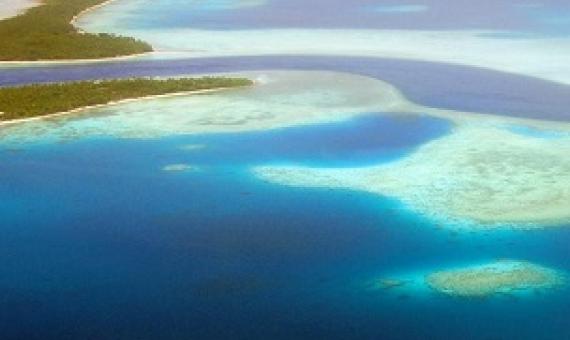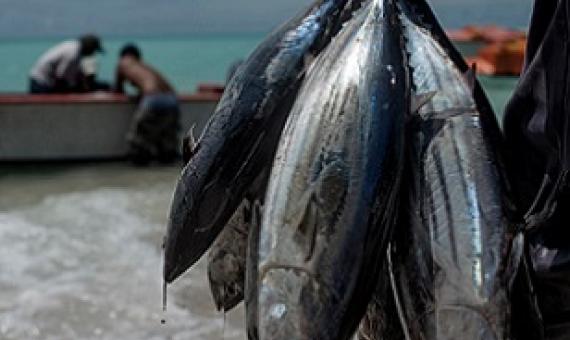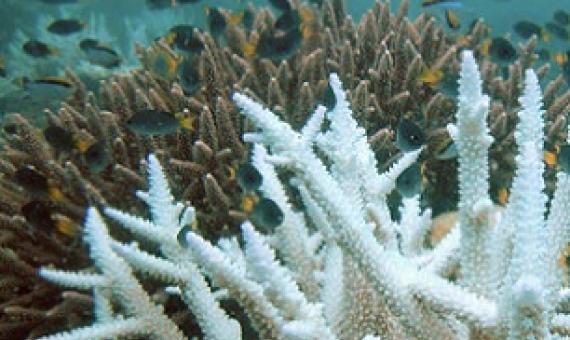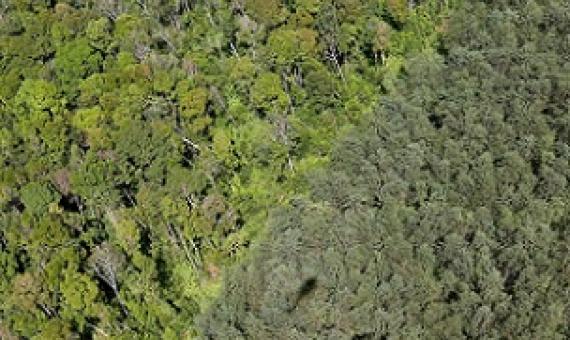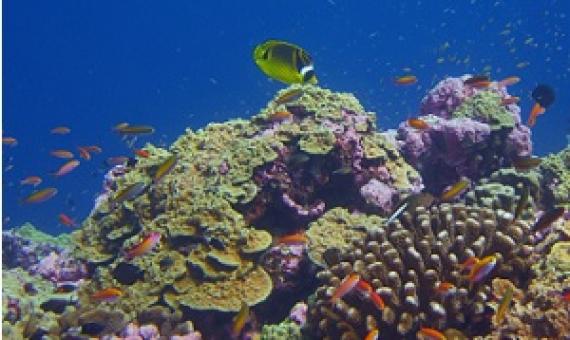Some months ago, I was part of a special ocean and culture story-telling workshop on my home island of Erromango, in southern Vanuatu.
The International Day of Peace, celebrated on September 21st, is an open invitation to cease hostilities in the world. It is also a moment to reflect on how people interact with the environment on land and at sea.
A new study estimates that global coral cover is half what it was in the 1950s, with much of that loss linked to human-driven climate change. The shrinking of coral cover has translated into a 60% loss in reef biodiversity.
Humanity is quickly crossing critical planetary boundaries that threaten sea turtle populations, their ecosystems and, ultimately, the “safe operating space” for human existence.
The study, published in Scientific Reports, says that mangrove ecosystems have high rates of carbon sequestration which is reflected in their vast aboveground biomass and soil carbon content...Dina Nethisa Rasquinha, lead author of the study...says that the study provides
Globally, tree-planting projects are becoming all the rage, but many are counting on old habits of planting monoculture plantations and calling them forests...Reforestation and restoration projects will require monitoring and scrutiny to make sure they are living up to their commitments in regard
A team of leading researchers have produced global maps for the six main threats affecting terrestrial amphibians, birds and mammals: agriculture, hunting and trapping, logging, pollution, invasive species, and climate change.
A NZD$7.2 million Climate Resilient Islands Programme focusing on nature-based solutions to climate change in rural communities in Tonga was launched, in Nuku'alofa on September 7...Nature-based solutions include replanting mangroves, reforestation and natural resource management includ
Increasing Coral Reef Resilience Through Successive Marine Heatwaves
Ocean warming is causing declines of coral reefs globally, raising critical questions about the potential for corals to adapt. In the central equatorial Pacific, reefs persisting through recurrent El Niño heatwaves hold important clues. Using an 18-year record of coral cover spanning three major bleaching events, we show that the impact of thermal stress on coral mortality within the Phoenix Island Protected Area (PIPA) has lessened over time.
Climate change is rapidly intensifying pressure on biodiversity around the globe and, particularly, on coral reefs. But despite dramatic losses at the hand of bleaching events, the future of reefs may not be as bleak as we imagined.

